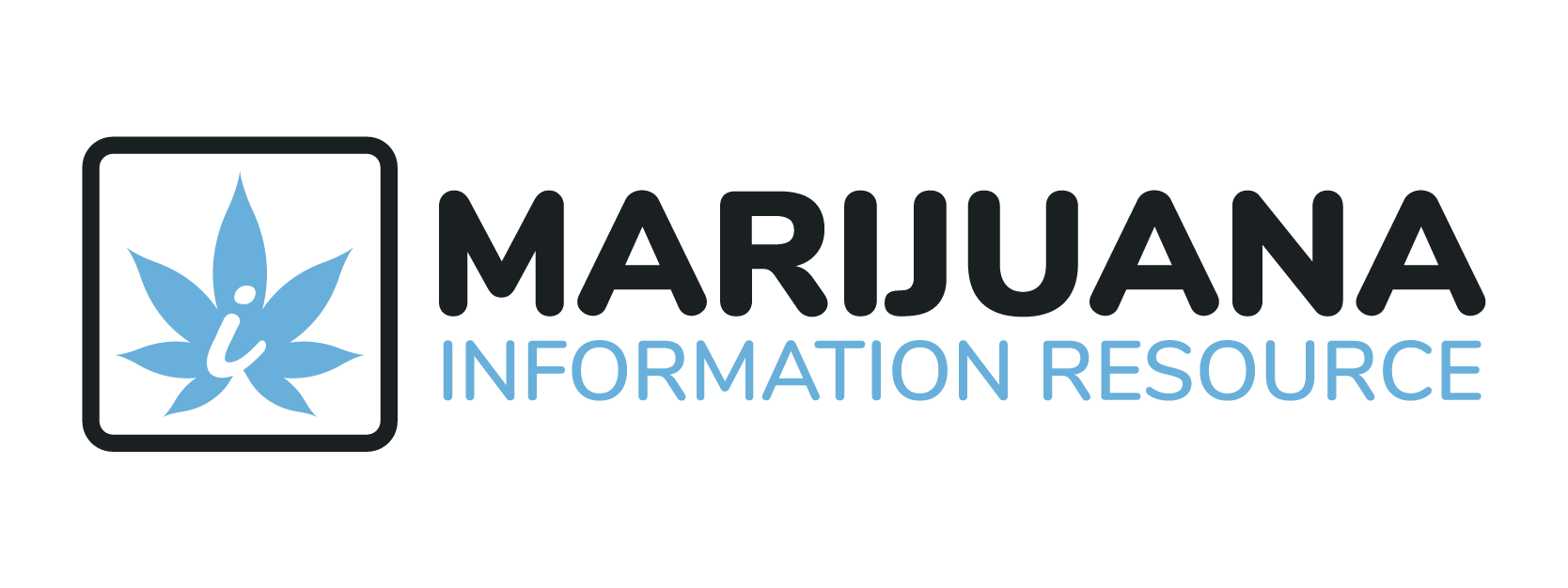-
What to Expect at Your First Cannabis Dispensary Visit
Walking into a cannabis dispensary for the first time can feel a bit like stepping into a new world. The aroma of fresh flower, the…
-
Determining the Right Consumption Method for You
Choosing how to consume cannabis is as personal as picking the right strain or dosage. With modern legalization and innovation, consumers now have more choices…
-
Your Cannabis Roadmap: Discovering the Right Strain and Strength for You
Cannabis has evolved far beyond the days of simple joints and mystery strains. Today’s market is rich with scientific precision, consumer education, and endless product…
-
Breaking Down the Divide: Medical and Recreational Cannabis Explained
In today’s expanding cannabis industry, consumers are often faced with two main options: medical and recreational cannabis. Though both come from the same plant—Cannabis sativa…
-
Finding Your Perfect Dose: A Cannabis Consumer’s Guide to Balance
Every cannabis consumer—whether new to the plant or years into their journey—faces one of the most common questions: how much is the right amount? Finding…
-
Understanding Addiction and Dependency: Marijuana vs. Alcohol
Introduction Alcohol and marijuana are widely used substances in our society that are frequently incorporated into daily routines and social interactions. Although both can be…

